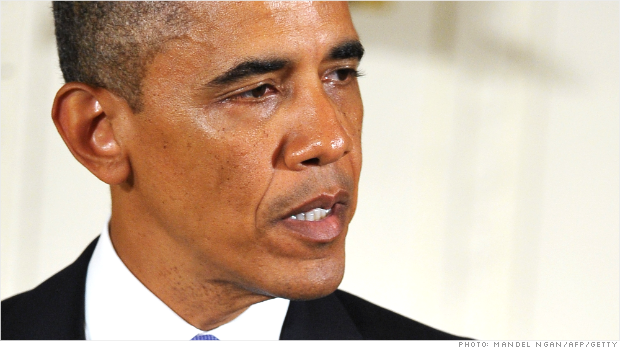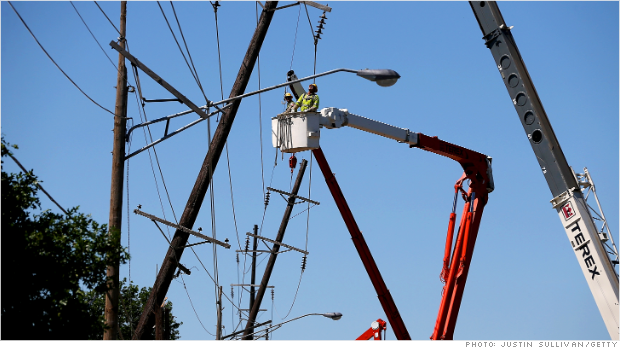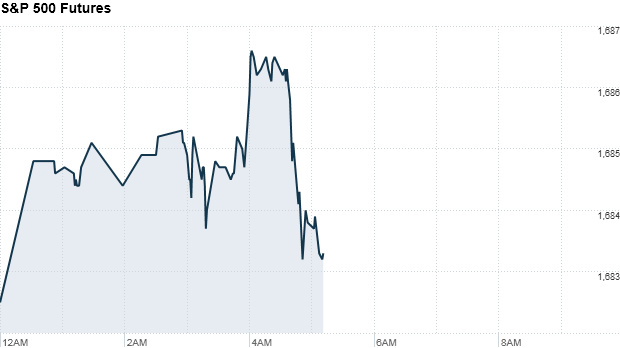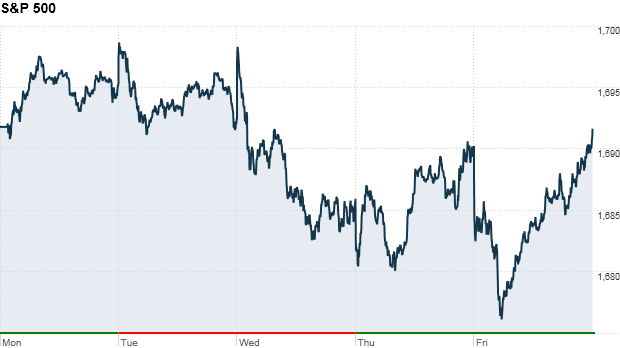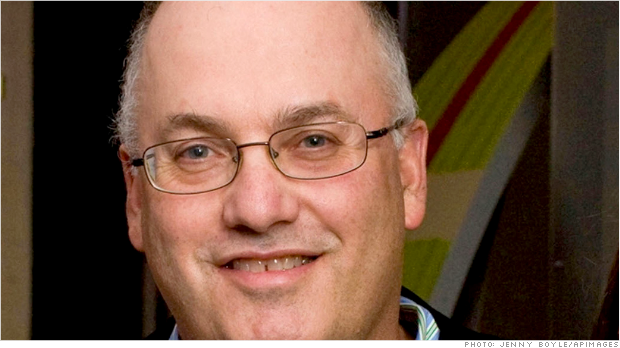
While many retirees claim their benefits at the age of 62, holding off can often result in an additional hundreds of thousands of dollars over a lifetime.
NEW YORK (CNNMoney)
While you're allowed to start claiming Social Security benefits at age 62, holding off for several years can add thousands of dollars to your payments over a lifetime. That's because you don't qualify for all of your earned benefits until you reach "full retirement age," which is 66 for most Baby Boomers and 67 for those born in 1960 or later.
So checks claimed at age 62 are about 25% smaller than if you wait until your full retirement age. And if you wait even longer, your annual benefits will grow by another 8% for each year you wait up to age 70.
For example, let's say 61-year-old Mary, who currently earns $55,000, is deciding when to retire. If she were to file for Social Security benefits next year at 62, she would receive around $15,400 a year, according to T. Rowe Price's Social Security benefits evaluator. If she waits until 66, however, her annual benefits would grow to around $20,500 per year. And if she is able to hold off for several more years, until age 70, her annual benefits would climb to roughly $27,100 per year.
Related: Do I really need 100% of my pre-retirement income?
The difference can really add up. If Mary lives to be 95 years old, claiming her benefits at age 70 would result in roughly $677,000 in cumulative Social Security benefits (in today's dollars), compared to the $500,000 or so in benefits that she would receive if she'd filed eight years earlier.
"We think for most people that's really startling because they've never really thought about it," said Christine Fahlund, a senior financial planner at T. Rowe Price. "They don't appreciate that waiting would make such a difference."
Still, waiting until 70, or even 66, is not for everyone. For example, you may be concerned that you won't live long enough to reap the benefits of waiting for the larger checks. Or, due to health issues or unemployment, you may not be able to work any longer and don't have adequate savings to tide you over.
"Just because it's better doesn't mean it's necessarily going to be the best option for you," said David Richmond, president and founder of Richmond Brothers, a Michigan-based financial advising firm. "You may not be able to afford to maximize Social Security."
Living off credit cards to ensure a larger check is never going to be a good idea, for example.
Related: 3 basic steps to creating a retirement plan
While singles are only able to control the age at which they file for benefits, married couples (and divorced couples who were married for at least 10 years) have a variety of strategies to consider. Each married partner is typically eligible for three kinds of benefits, depending on circumstances:
- A retired worker benefit, which are the benefits you accrue over your own working years.
- A spousal benefit, which entitles you to half of your spouse's benefits while he or she is still alive. If you have not hit full retirement age, you are only eligible to receive a portion of those benefits.
- A survivor benefit, which entitles you, once you reach full retirement age, to a deceased spouse's full benefit. If you have not hit full retirement age, you are only eligible to receive a portion of those benefits.
Couples can increase their annual benefits by coordinating when and how they file for Social Security. In many cases, for example, it makes sense for the lower-earning spouse to file first, while the higher-income earner waits as long as possible.
Not only does this strategy result in larger annual benefit checks, it also locks in a higher "survivor benefit" for the lower-earning spouse. According to Fahlund, the survivor benefit is so important that sometimes it makes sense for even a spouse with health problems to hold off on claiming benefits if he or she is the higher earner.
Related: Pretirement: Keep the paycheck, live the lifestyle
Couples can also consider other strategies, such as the ability to "file and suspend," which allows one partner to receive spousal benefits while the other partner delays their annual benefits to receive a larger check.
To learn more about the Social Security strategy that makes the most sense for you and your retirement goals, online tools are available, including the Social Security Administration's Retirement Planner, T. Rowe Price's Social Security Benefits Evaluator tool and AARP's Social Security calculator. ![]()
First Published: July 31, 2013: 5:57 AM ET


